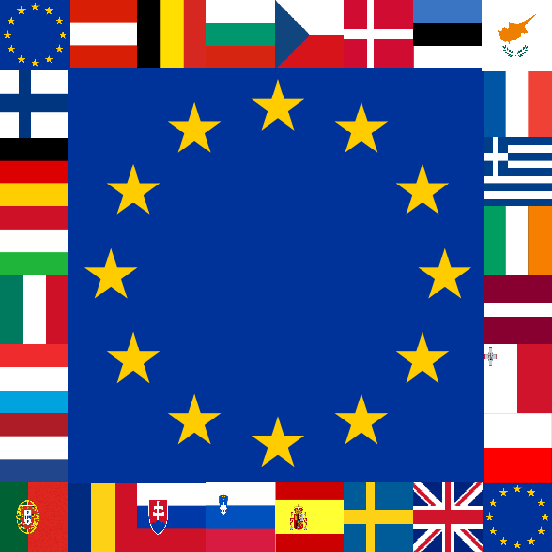On Wednesday, the Parliament of the European Union voted to recognize ‘in principle’ a Palestinian state, and, in a separate action, the General Court of the European Union decided to remove Hamas from its list of terrorist groups.The dual decisions by the European Union came just a day after the Palestinian Authority issued a demand that the Israeli military end its occupation of the West Bank and Gaza Strip within two years, and set that as a condition for peace talks.
The resolution stated that the EU Parliament reiterated ‘its strong support for the two-state solution on the basis of the 1967 borders, with Jerusalem as the capital of both states, with the secure State of Israel and an independent, democratic, contiguous and viable Palestinian State living side by side in peace and security on the basis of the right of self-determination and full respect of international law.’
In addition, the resolution supports ‘in principle recognition of Palestinian statehood and the two state solution, and believes these should go hand in hand with the development of peace talks, which should be advanced.’
The resolution passed by the European Union (EU) Parliament also pointed out that Israeli settlements on Palestinian land are illegal under international law, and condemned all acts of terrorism and violence by both the Palestinians and the Israelis.
The resolution ended up passing by a very large majority, with 498 in favor, 88 opposed, and 11 abstentions.
As for the decision by the EU General Court, the Court decided early Wednesday to remove Hamas from its list of terrorist organizations, but added that the ruling does ‘not imply any substantive assessment of the question of the classification of Hamas as a terrorist group.’
In its ruling, the Court stated, ‘The General Court finds that the contested measures are based not on acts examined and confirmed in decisions of competent authorities but on factual imputations derived from the press and the Internet.’
Hamas officials praised the ruling, saying that they hoped it would lead to changes in policies of EU nations.

